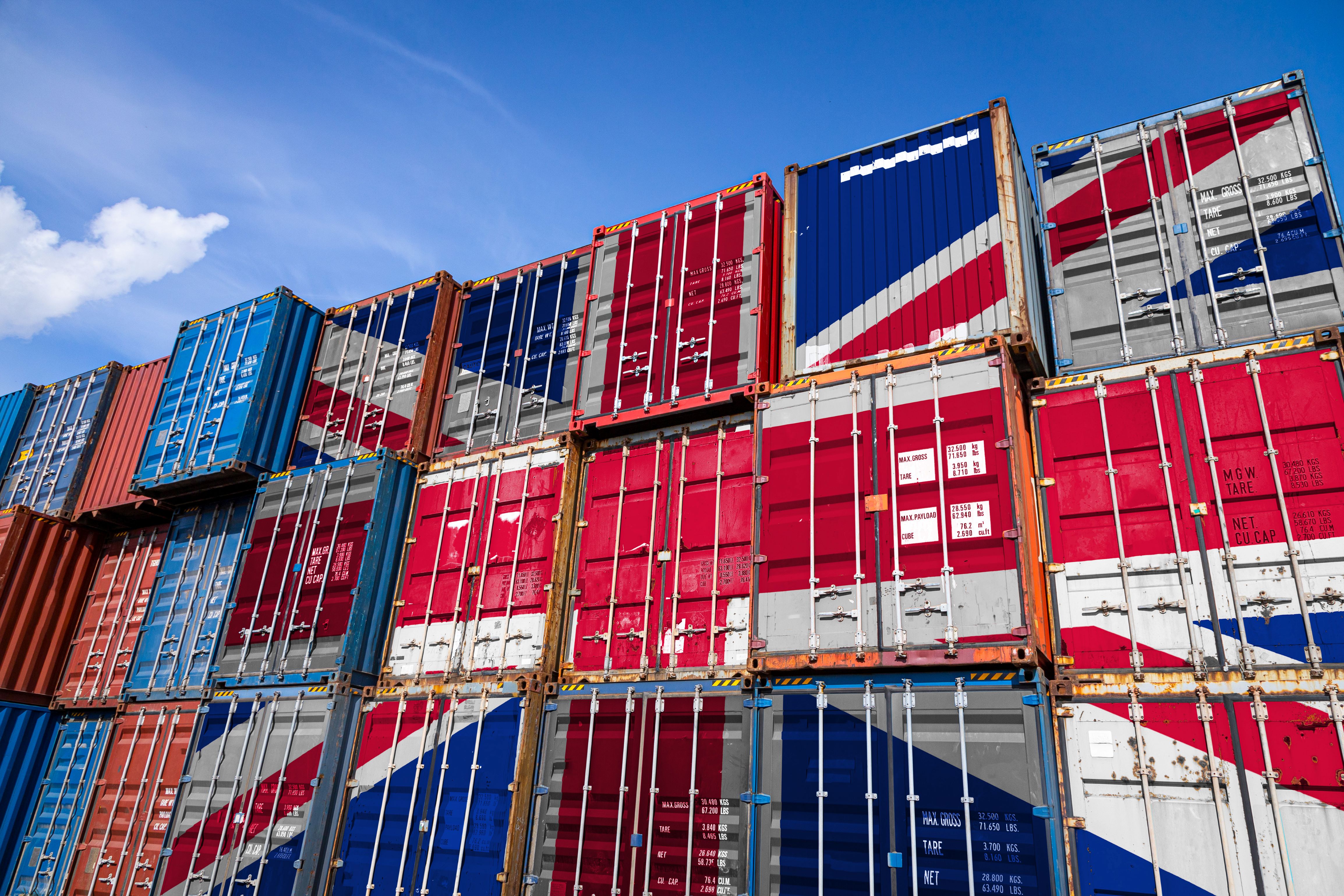
British businesses continue to struggle to export post-Brexit, according to
the Institute of Export and International Trade (IOE&IT) director general, Marco Forgione.
“We do a monthly trade monitor and what we see is the continuation of a decline in the number of businesses trading internationally, and that is primarily with the EU,” he said.
Two years after then prime minister Boris Johnson signed the Trade and Cooperation Agreement (TCA) with the EU, promising low-friction trade, companies still face barriers, he told the Times.
Rules of origin
“The challenge has been understanding what the rules and regulations are and overcoming the issues of trading into a third nation. Have traders got a handle on it now? No, they haven’t. Those that are doing it are getting better at it, but for a whole
raft of others, particularly for micro and small businesses, they have struggled,” he added.
Under the TCA UK and EU importers benefit from zero tariffs or customs duties on goods that mostly originated in the UK or EU, but proving rules origin of goods has proved complicated.
An IOE poll found that 47% of companies said trading across the border had become harder in the last two years, and 43% said costs had increased. More than a third of businesses (37%) said the TCA had benefited them, with 48% unsure if it was positive or negative.
Some 15% reported increased sales to the EU since Brexit, with 24% noting a decrease, and 54% stating there was little change.
UK left behind
Another report into SMEs by the Enterprise Research Centre, said that a global trade rebound in 2022 had “by-passed
the UK”, and called the UK “an outlier, with zero [goods] export growth during 2019 Q1 to 2022 Q1”. Post-Brexit export challenges remain “are significant and persistent”, it added.
Negotiations with the EU over the implementation of the Northern Ireland protocol have resumed with some vigour since Rishi Sunak became PM, with talk of a deal before president Biden visits to mark the 25th anniversary of the Good Friday Agreement.
Forgione called for 2023 to be a period of stability in UK-EU relations with a settled long-term approach to the rules and regulations around international trade, particularly with the EU.
Government initiatives
Initiatives that may help include trust-based trade corridors under a Cabinet Office trial and a single trade window for trade documentation, which should be operational by November, he added.
However, the new customs declaration service for (CDS) for importers, which had was due to replace CHIEF by September, has been beset by delay with HMRC giving exporters another eight months to prepare.
The DIT's Export Support Service (ESS) helpline was replaced in October with a call-back facility with a DIT trade specialist via the new Digital Enquiry Service (DES). A spokesperson for DIT added:
"DES allows us to switch to an integrated model across our services. By developing and improving ESS, we can ensure more businesses get the support they need."
Soul searching
According to the New York Times, the UK’s current economic situation is prompting a bout of ‘Bregret’ with support for Brexit falling to a low of 32%, while 56% told pollsters YouGov that it had been a mistake.
Mujtaba Rahman, an analyst from political consultancy Eurasia Group said a fundamental debate about the future relationship between the UK and EU was required.
“You can’t really address the economic problems the UK has without addressing and improving the trade relationship with the EU,” he said.
Although the UK economy has been hit by other problems, including inflation, the pandemic, and associated supply chain disruption, it has become hard to decouple these from Brexit, said John Curtice, a professor of politics at the University of Strathclyde,
which said “it is very difficult to convince people that a wonderful economic nirvana is coming around the corner because of Brexit”.
More change
Meanwhile, UK importers also face the prospect of customs checks next year when CDS finally replaces CHIEF.
“The can has been kicked many times [on this change],” Forgione said. “It is understandable given we have disrupted supply chains and a cost-of-living crisis – there is a potential for cost and trade flow issues.”



